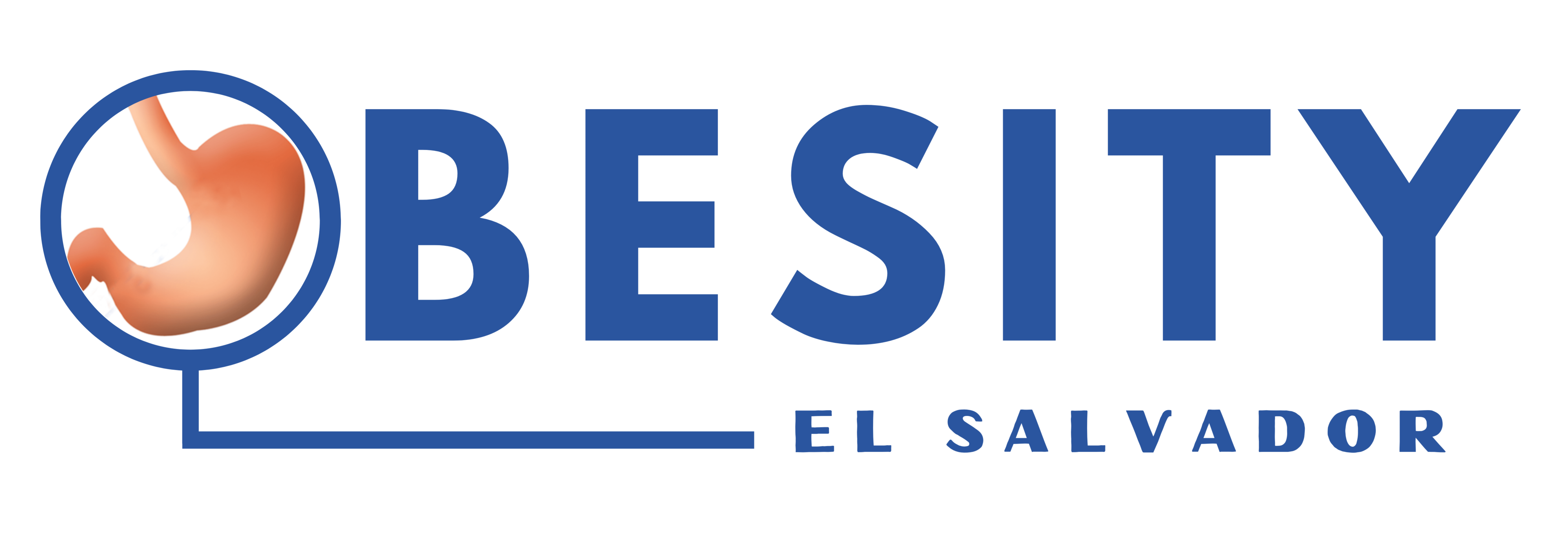Nowadays, it is more and more frequent to find children with obesity problems at an earlier age, for both physiological and psychological reasons. Children are the best reflection of the consequences of these modern eating behaviors.
It is for this reason that this issue should not be taken lightly since the earlier a person suffers from obesity, the more likely they are to become accustomed to this condition. This prevents them from taking into account the physical risks of suffering from obesity, and the psychological consequences that accompany it.
There are many aspects that contribute to childhood obesity, but among the most important is the family system in which some of these children are born and developed, because it is there where they are involuntarily taught or allowed harmful eating behaviors. These behaviors are adapted as normal, passing from generation to generation thus perpetuating the condition.
Therefore, it is of utmost importance to modify this harmful cycle through the integral education of the child. This can include showing the acceptable limits of a behavior and educating them to respect those limits. Sometimes, this becomes difficult when the adult in charge is not clear about what is advisable for the child’s nutrition. That is why it is necessary, once each particular case has been diagnosed, to take action for the well-being of the child.
TREATMENT FOR OBESITY TREATMENT
The treatment for childhood obesity from the psychological point of view is very diverse for each particular case, since although some antecedents can be similar, the parental model in which the child develops makes a significant difference.
Therefore, since it is the adults around the child who are responsible not only for providing and preparing the food they eat, but also for the formation of eating habits, such as: when to eat, what to eat, at what speed to eat, using food as a reward or punishment, food as part of recreation and similar behaviors; the approach focuses on those directly responsible for the child, because they do not yet have a full awareness of action – consequence and delay of gratification unless it has been modeled by the responsible adult. With professional guidance, the adult can teach the child what path to take in terms of feeding, using tools within the reach, for example: how to replace a bad habit with a healthy one, how to be firm with a child’s tantrum, modeling limits on behaviors, proper management of negative emotions in the child, like frustration, as warranted by each case.
Every effort with the clear objective of forming in the child a set of habits that will help them to take care of their health, even if they are not fully aware of it, with time and maturity, they will realize that having acquired these during childhood is always worth it in order to become a healthy adult.

